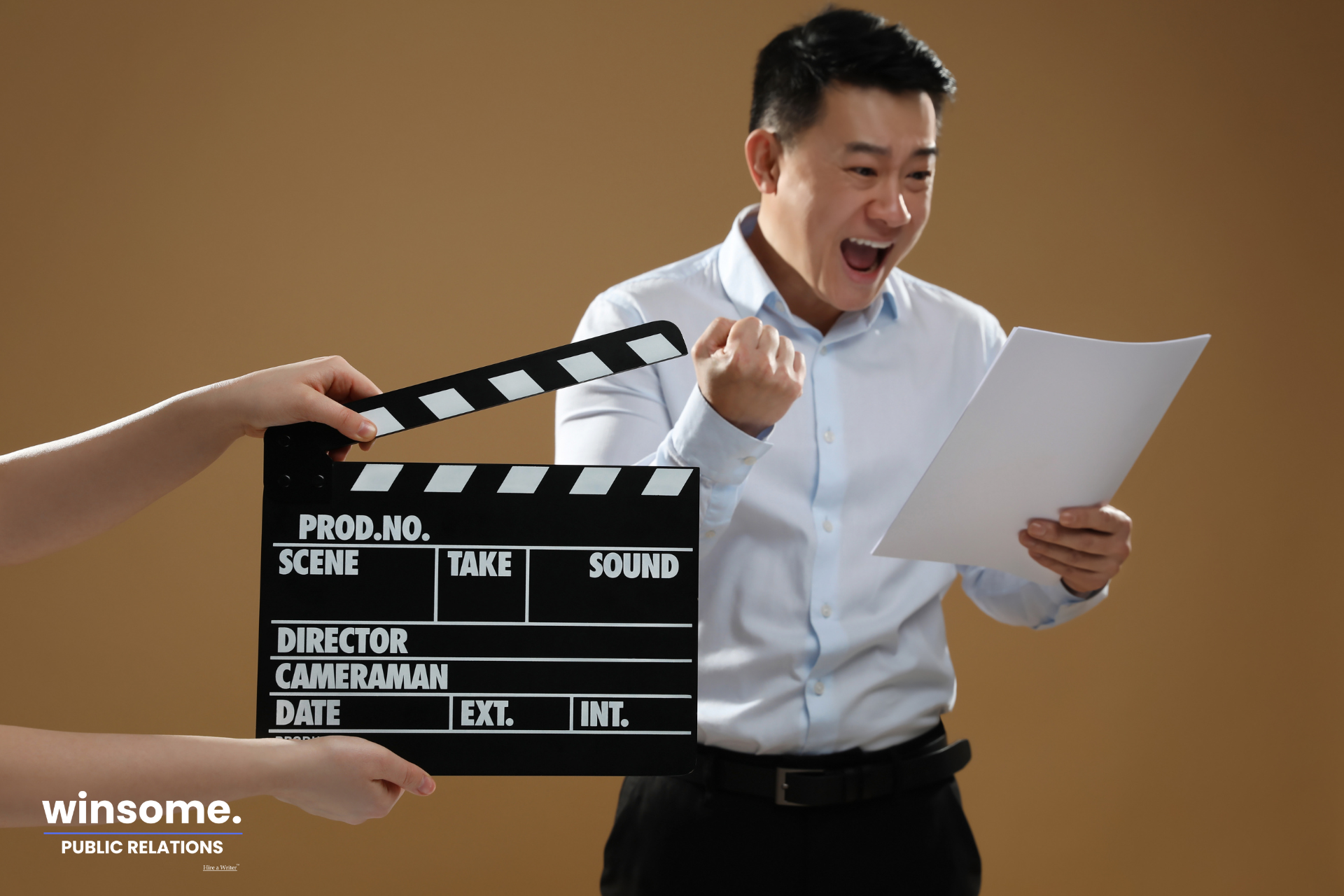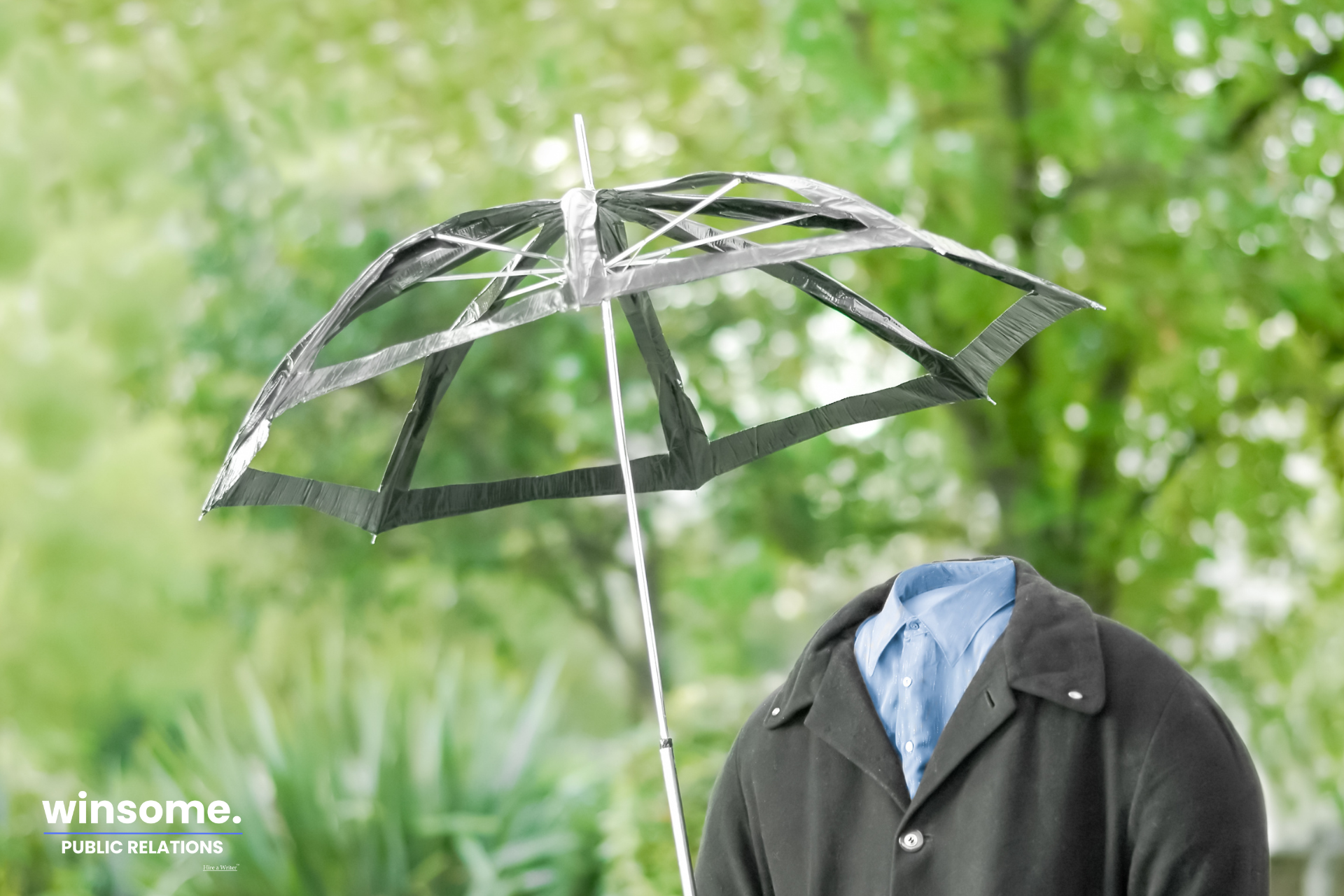Invisible to AI? Why Your Brand's Structured Trust Score Changes Everything
We need to talk about something that's literally changing everything about how brands exist online. Remember when we thought updating our Instagram...
4 min read
 Faith Cedela
:
Oct 6, 2025 1:58:31 PM
Faith Cedela
:
Oct 6, 2025 1:58:31 PM

Okay, so I just spent three hours doom-scrolling through comments about this AI "actor" named Tilly Norwood, and I have thoughts. Like, serious thoughts that kept me up way past my bedtime with a bowl of cereal I definitely didn't need. Because this whole situation is basically the digital equivalent of finding out your favorite coffee shop might be replaced by a robot barista who never spells your name wrong but also never asks about your day.
So here's what happened: SAG-AFTRA condemned this AI-generated performer named Tilly Norwood. And wow, people had FEELINGS. We're talking 20,000 impressions and 80 comments worth of feelings. The entertainment tech community basically split into two camps faster than friends choosing teams for karaoke night.
It's like when you ask a group chat where to eat dinner and suddenly you've triggered an existential crisis about the nature of friendship and Italian food. Except this was about whether synthetic performers are going to steal everyone's jobs or if they're just the digital equivalent of those inflatable tube people outside car dealerships.
Let's be real – some people in the tech world are totally unimpressed with Tilly. Like, at all.
Media professionals have been rolling their eyes so hard they might strain something, saying we've seen this kind of AI publicity stunt multiple times already this year and we should all just ignore it. Many pointed out that the content on Tilly's social media accounts looks like amateur-hour AI generation that anyone with basic tools could create.
Ouch. That's the kind of brutal honesty you usually only hear from your best friend after three glasses of wine when you ask if you should text your ex.
VFX experts have been even more dismissive, with several claiming they could easily create similar or better content during their morning commute. Which is exactly the kind of humble-brag that makes me simultaneously impressed and insecure about my own tech skills. I can barely take a non-blurry selfie on the bus.
On the flip side, there's the group who thinks this is basically the opening scene of a dystopian movie where humans become obsolete.
Some tech professionals are sounding serious alarm bells, warning that Tilly represents an existential crisis not just for actors but for anyone in customer-facing roles like customer service, sales, and account management. I felt that warning in my soul, right next to my fear of accidentally saying "you too" when a waiter tells me to enjoy my meal.
A creative director offered a more nuanced take that honestly kept me up at night: the real threat isn't studios hiring AI actors – it's independent producers just generating their own synthetic performers. Which is terrifying in that "oh wait that actually makes sense" kind of way.
Then there's the pragmatic bunch who basically shrugged and said, "Well, this is happening whether we like it or not."
Several entrepreneurs and tech leaders are taking the adapt-or-die approach, suggesting that resistance is pointless and that the future will be humans working with AI rather than competing against it. That's the kind of statement that sounds profound until you realize it doesn't actually tell you what to do about any of this.
Some industry veterans are drawing historical parallels, pointing out that actors have benefited from technological advances in the past and this is just another evolution they'll need to adapt to. Thanks for that perspective, Captain Obvious. That's like saying "well, carriages were replaced by cars, so actors should just deal with being replaced by algorithms." Not exactly comforting.
But wait! There's still hope for us flesh-and-blood types. Some commenters got deep about what makes performances actually meaningful.
Industry professionals are making powerful arguments about the irreplaceable nature of human experience in acting. They're pointing out that we don't watch performers for technical skill alone, but for the authentic life experience they bring to roles—the failures, lessons, and weight of real human existence that shapes their performances. Meanwhile, Tilly has never experienced anything real at all; she's just compiled from patterns created by people who have.
I mean, yes. Tilly never had to perform in a high school play where she forgot her lines and had to improvise a monologue about trees while her mom filmed the whole thing. That kind of trauma builds character!
Visual effects experts are also weighing in, arguing that while AI might increase efficiency, entertainment without human creativity at its core loses its soul. And honestly, if I wanted soulless entertainment, I'd just rewatch that reality dating show where everyone seems suspiciously well-adjusted.
This kind of technological disruption follows predictable patterns. The creative community seems split into four main groups:
What's super interesting is that almost nobody was actually excited about AI performers. The emotions ranged from anxiety to resignation to defiance to dismissal – but virtually no one was like "Yay! Can't wait to watch a movie starring someone who doesn't exist!" Which says something, doesn't it?
According to the Stanford HAI's latest report on AI and creative industries and the World Economic Forum's analysis of automation in the workforce, these tensions between technological capabilities and human creativity will continue to define the entertainment industry for years to come.
Look, I'm not going to pretend I have all the answers here. I can barely decide what to watch on streaming services after scrolling for 45 minutes, so solving the future of human creativity is slightly above my pay grade.
What's clear is that Tilly Norwood has become less about one specific AI actor and more about our collective anxiety over what it means to be irreplaceably human. It's like when you realize your phone knows your habits better than your roommate does – equal parts convenient and existentially terrifying.
The creative industry isn't just worried about losing jobs (though, hello, that's a legitimate concern); it's wrestling with deeper questions about authenticity, connection, and the value we place on shared human experience. Can an algorithm ever truly understand what it feels like to have your heart broken, to achieve something you never thought possible, or to laugh until your stomach hurts?
Maybe the question isn't whether AI will replace human performers, but how we'll redefine what makes a performance meaningful in the first place. And that conversation is one we should probably all be part of – before we find ourselves watching the AI equivalent of me trying to dance at a wedding after two glasses of champagne.

We need to talk about something that's literally changing everything about how brands exist online. Remember when we thought updating our Instagram...
.png)
So, you thought you were just a regular communications professional with a fancy title and an unhealthy relationship with coffee. Plot twist: you're...
.png)
Look, I'm not one to start with optimism, but here's the brutal truth – media outlets are in serious trouble. The Wall Street Journal just reported...